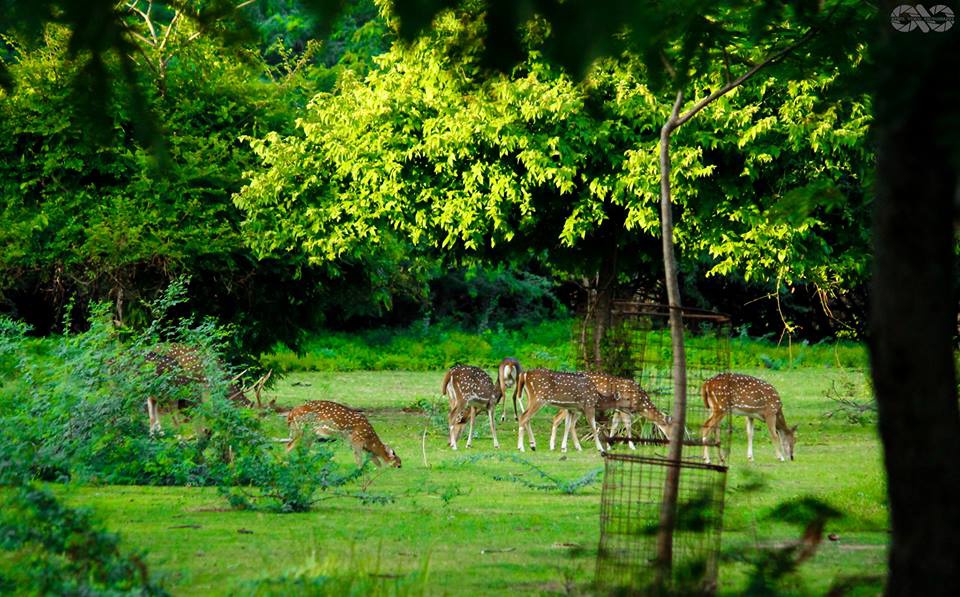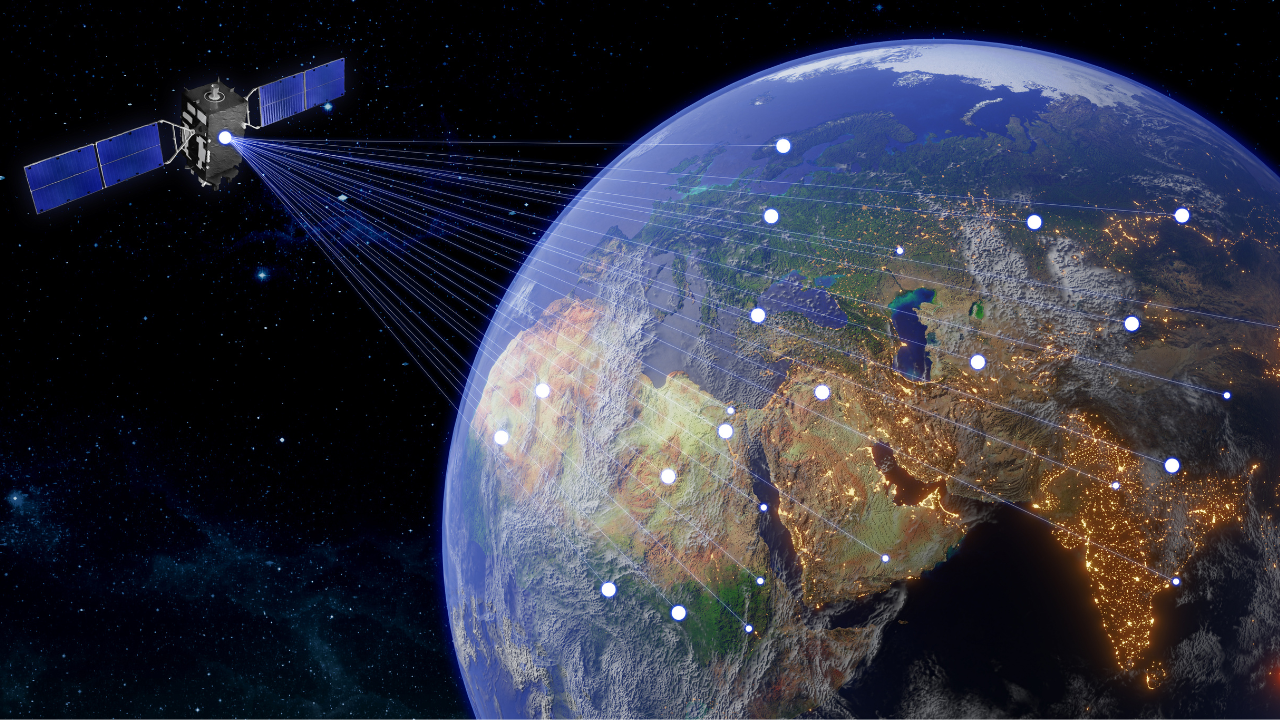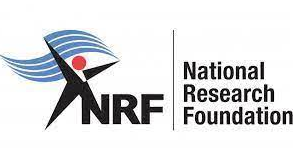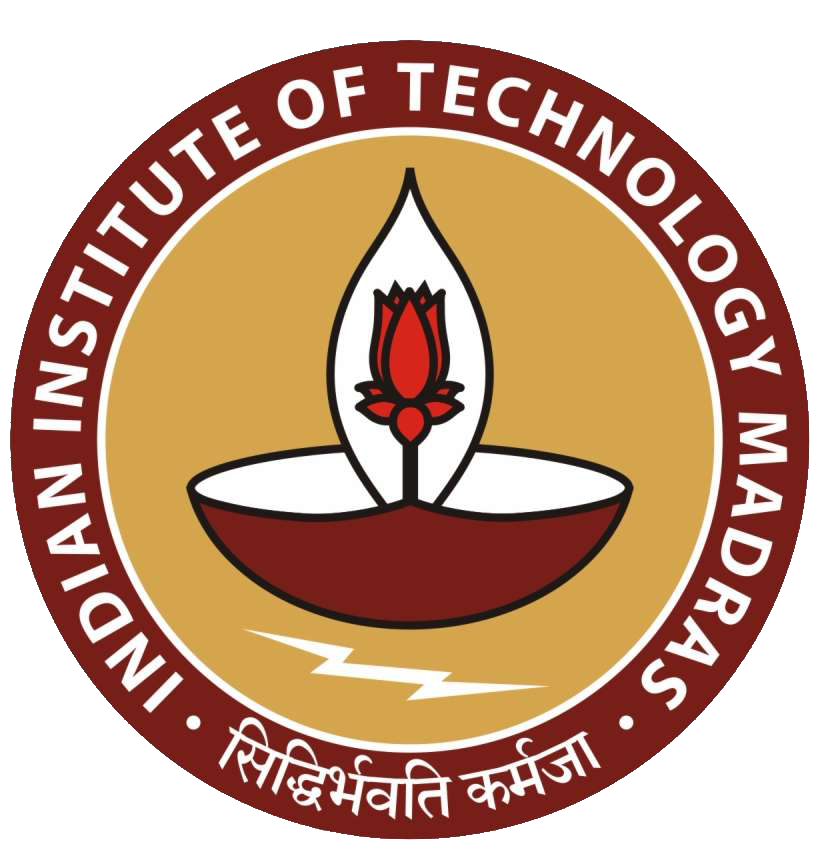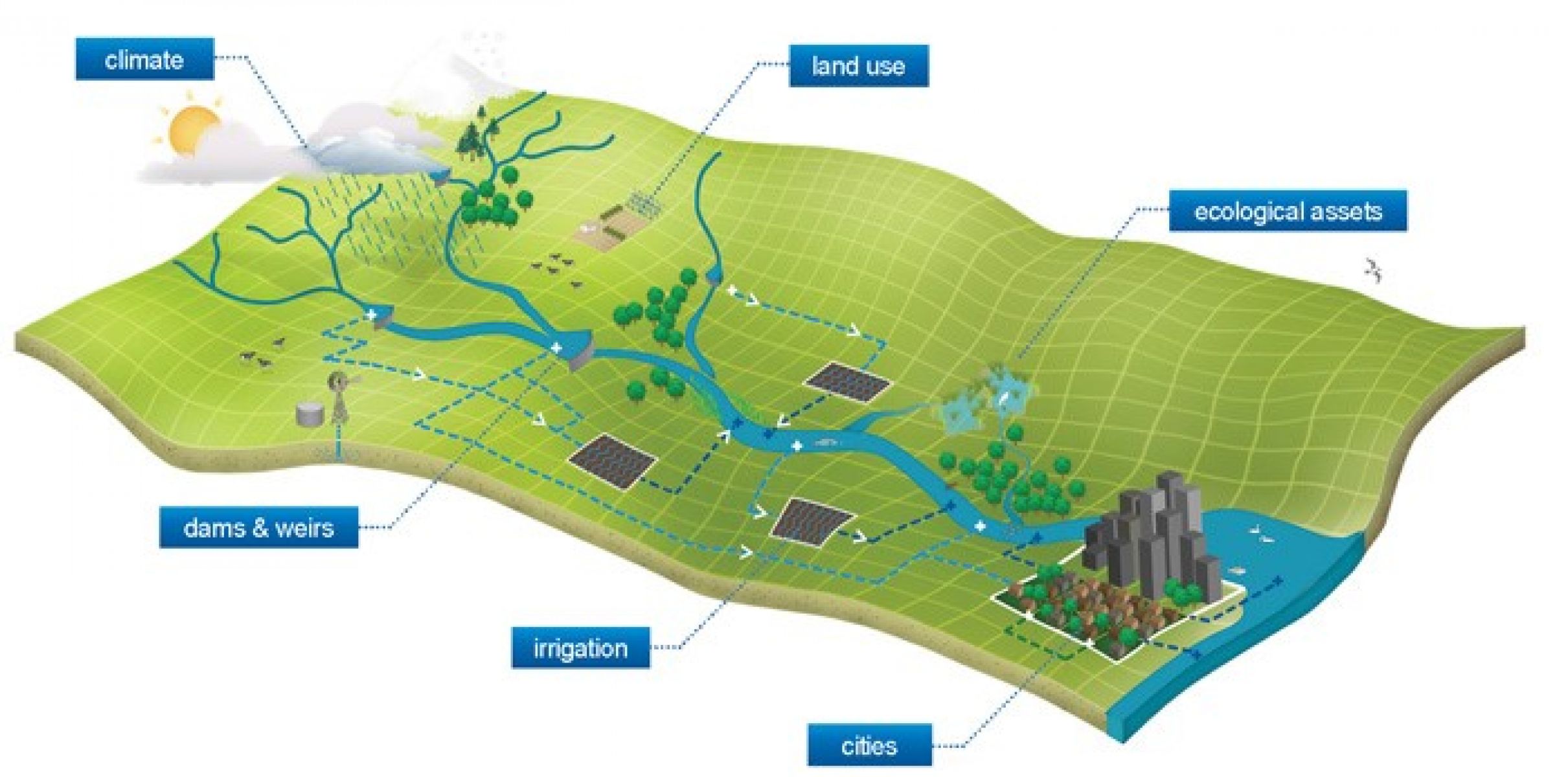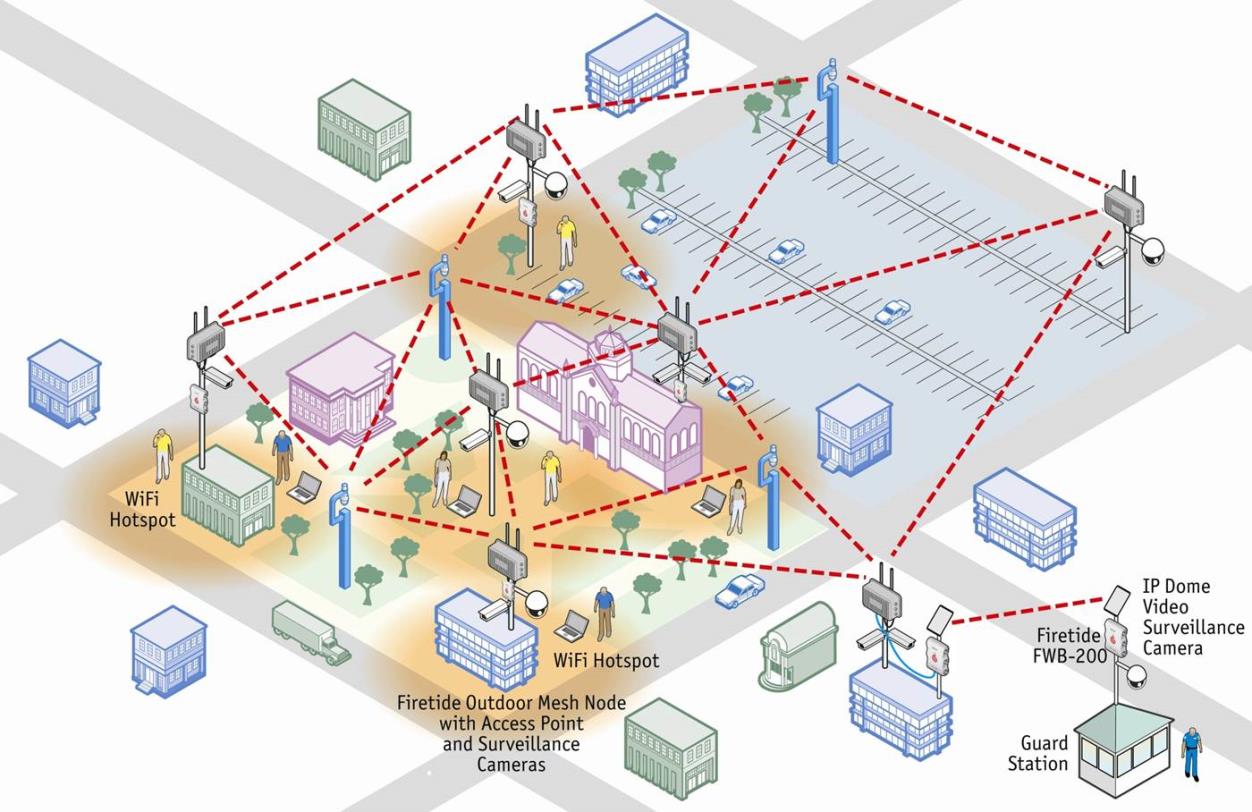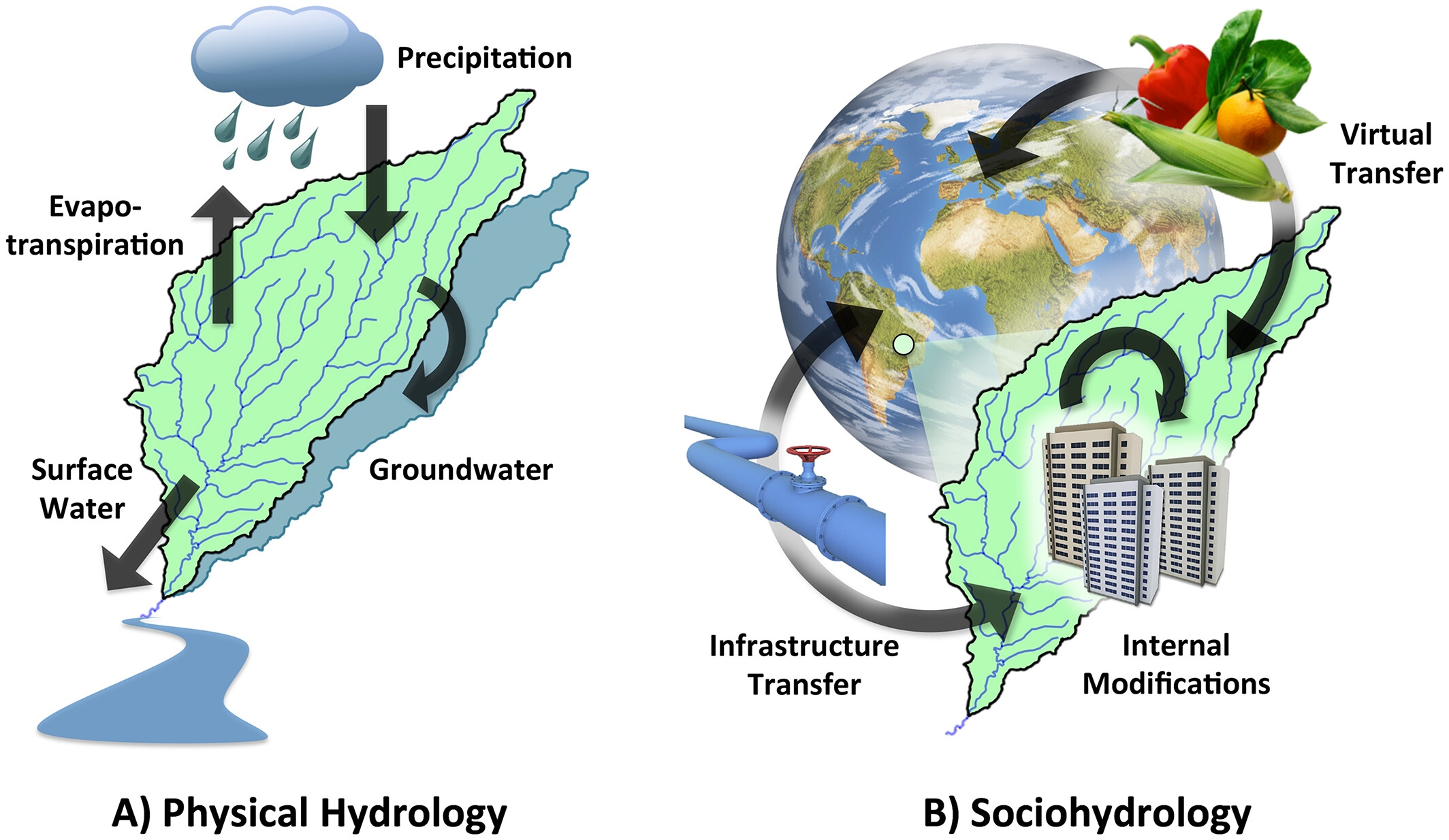Our HGC Lab at IIT Madras specialize in Hydro-climatology and Geospatial data science. Our primary focus is on addressing the underlying physical mechanisms driving various hydro-climatic processes. We develop innovative, process-based and data-driven modelling framework for accurate monitoring and prediction of extreme weather events and for effective water resources management. We integrate the process level understanding of water and climate science with state-of-the-art statistic, machine learning (ML), and deep learning (DL) and data assimilation techniques to address critical water-related challenges in changing climate. To achieve this, we harness the advantages of big data such as Remote Sensing, Hydrologic and Climatic Model simulation, and ground observation products.
We are a deeply collaborative and interdisciplinary research group that actively seeks partnerships with industry and academic institutions globally. By delivering actionable scientific insights and solutions, we seek to empower policymakers, stakeholders, and communities worldwide to make informed decisions and foster sustainable practices for the ecosystem.
If you share a common research interest and are looking to explore further or bring innovative ideas to related fields, we’d be happy to connect and hear from you.
To deliver advanced scientific insights and sustainable solutions that contribute to the resilience and effective management of water resources. We aim to work collaboratively with government organisation and industry to develop actionable tools and strategies that help predict and mitigate the repercussions of extreme weather events in the changing climate.
